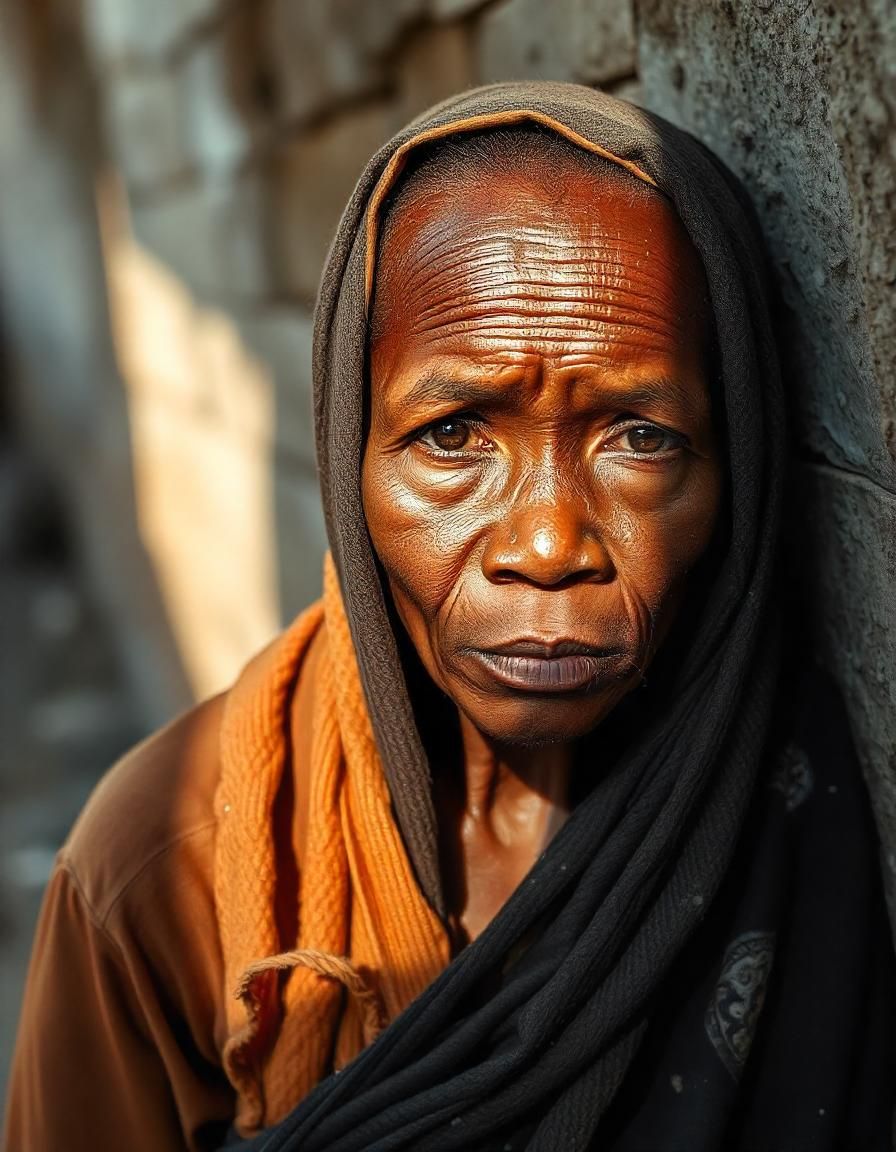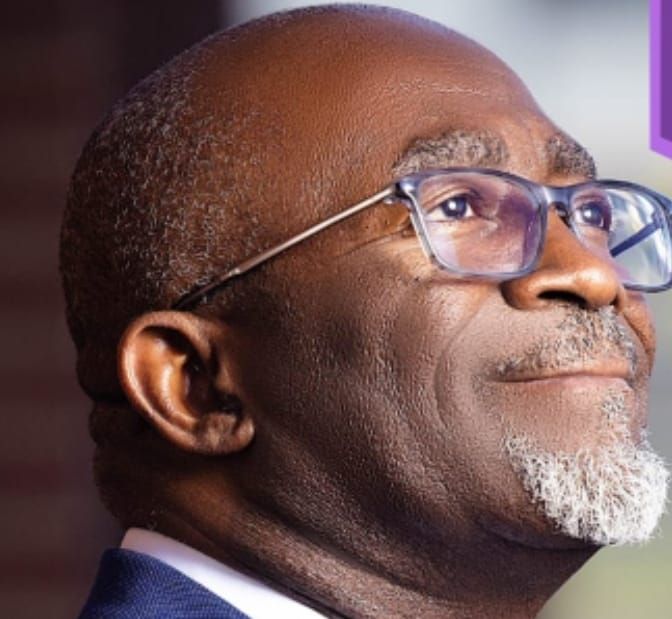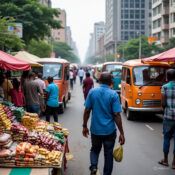
What Is Poverty?

By Dr. David Rex Orgen, Best-Selling Author and Mental Health Advocate
Poverty is a word that evokes a variety of images and emotions, yet its true meaning goes far beyond economic metrics and statistics. It’s not just about lacking material resources—it’s about the toll that deprivation takes on the human spirit, relationships, and opportunities.
As a mental health advocate and author, I’ve seen how poverty shapes lives, not only in terms of physical needs but also in its impact on mental well-being and the ability to dream of a better future.
Poverty: More Than a Lack of Money
When people think of poverty, the first thought is often about financial hardship—living paycheck to paycheck, struggling to put food on the table, or lacking adequate shelter. While these are critical aspects of poverty, the experience goes much deeper.
Poverty is about scarcity in all its forms—scarcity of resources, access, opportunity, and even hope. It’s the constant worry about how to meet basic needs, the inability to plan for the future, and the feeling of being trapped in an endless cycle of struggle.
The Psychological Toll of Poverty
One of the most overlooked aspects of poverty is its impact on mental health. Living in poverty often means living in a state of chronic stress. The uncertainty of where the next meal will come from or how to pay for essential bills creates a mental burden that can lead to anxiety, depression, and even physical illness.
Children growing up in poverty are particularly vulnerable. They face barriers to education, healthcare, and safe environments, which can hinder their emotional and cognitive development.
In my work as a mental health advocate, I’ve seen how poverty erodes self-esteem and fuels feelings of worthlessness. It’s not uncommon for people living in poverty to feel invisible, as though society has turned a blind eye to their struggles.
Poverty as a Systemic Issue
It’s important to recognize that poverty isn’t simply a result of individual choices. It’s a systemic issue rooted in inequality, lack of access to education, and societal structures that disproportionately disadvantage certain groups.
Breaking the cycle of poverty requires more than personal effort—it demands systemic change. This includes creating opportunities for education and employment, ensuring access to healthcare, and building communities that support, rather than stigmatize, those in need.
The Strength Within Poverty
While poverty is undoubtedly a struggle, it’s also a story of resilience. I’ve met countless individuals who have faced unimaginable hardships yet remain determined to rise above their circumstances.
One young man I encountered in my ministry shared this with me:
“We didn’t have much, but we had each other. My mother’s faith kept us going, and her determination showed me that there’s always a way to move forward.”
This resilience is a powerful reminder that, even in the face of scarcity, the human spirit can shine through.
What Can We Do?
Addressing poverty starts with empathy. We must see those living in poverty not as statistics, but as people with dreams, struggles, and immense potential.
From a practical standpoint, we can contribute by:
- Supporting organizations that provide education, healthcare, and job training.
- Advocating for policies that address inequality and create pathways out of poverty.
- Extending compassion and tangible help to those in our own communities.
A Call to Action
Poverty is not just an economic issue—it’s a moral one. As a society, we have a responsibility to care for the most vulnerable among us. In the words of Jesus: “Truly I tell you, whatever you did for one of the least of these brothers and sisters of mine, you did for me” (Matthew 25:40).
Let us not turn a blind eye to the struggles of those living in poverty. Instead, let us work together to create a world where every person has the opportunity to thrive.
Poverty may limit resources, but it does not define the worth or potential of a person. By addressing the roots of poverty and extending a hand of compassion, we can help turn scarcity into abundance and despair into hope.
Image credit: Freepik
3 thoughts on “What Is Poverty?”
Add a Comment Cancel reply
Recent Posts
When Cravings Speak Louder Than Words
Degrees Without Doors
Becoming the First Was Never About Recognition It Was About Assignment
Tags
+1 (614) 753-3925
info@inspiremindglobal.com





Indeed this story resonate with me . Thank you Dr. Orgen for writing this story. Keep it !
Dr. Orgen, your profound insights on poverty go beyond economic metrics, shedding light on its emotional, psychological, and systemic dimensions. Your emphasis on the mental toll of poverty, particularly its impact on hope and chronic stress, deeply resonated with me. I admire your call for systemic change and your reminder that empathy is essential in addressing poverty. The story of resilience amidst scarcity highlights the indomitable human spirit, inspiring hope and action. Thank you for challenging us to see poverty as a moral issue and to work toward creating equitable opportunities where every individual has the chance to thrive.
It’s a true reflection of what some African’s are going through. Poverty can’t be eradicated but managed. You will sometimes need a true leader who sees your talents and greatness to take you out of this situation. The environment and our attitude also determines our readiness to be out of poverty.